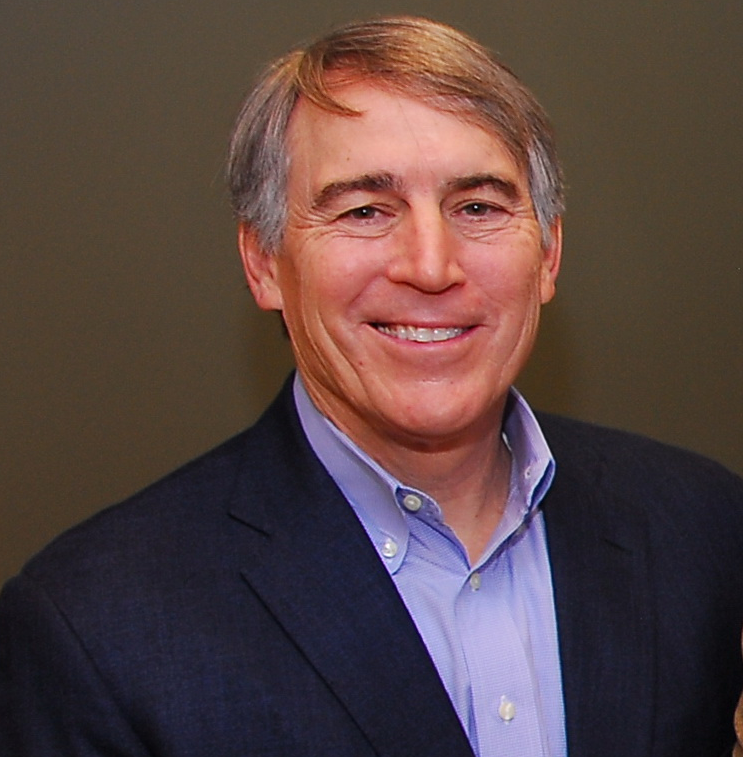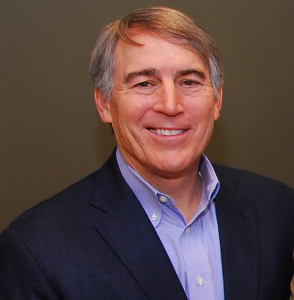Drilling is safer since Deepwater Horizon disaster, but we must stay vigilant

 The Times-Picayune | April 18, 2016 | Cliffe Leborde
The Times-Picayune | April 18, 2016 | Cliffe Leborde
Six years ago this week, an accident off the Louisiana coast claimed the lives of 11 brave men and set off what would become the worst marine oil spill in our country's history. Before the underwater Macondo well was finally capped three months later, millions of barrels of crude oil poured into the Gulf of Mexico.
Louisianians are keenly aware of both the benefits and risks inherent in energy production. Our state is one of America's largest oil and gas producers, thanks largely to offshore production in the Gulf. The energy industry generates billions of dollars in revenue and supports tens of thousands of jobs here. But Louisiana also bore the brunt of the Deepwater Horizon accident and the federal response – and the risk of a similar catastrophe is unacceptable.
How can Louisiana, and the nation as a whole, tap into our vast offshore energy resources while minimizing the risk of another accident?
The oil and gas industry and federal regulators have focused on that question since 2010. The industry already has implemented numerous safety reforms over the years. And a year ago, the U.S. Bureau of Safety and Environmental Enforcement (BSEE) proposed a new rule to tighten standards on offshore well blowout preventers and controls on how companies drill and monitor these wells. The oil and gas industry diligently attempted to help BSEE get the rule right, repeatedly voicing concerns about unintended consequences that could lead to less safety and less environmental protection. The final rule was recently released and many concerns have been addressed.
Read the full editorial here.
Cliffe Leborde is a managing member of Laborde Marine Management, LLC, and a member of NOIA's Board of Directors.

